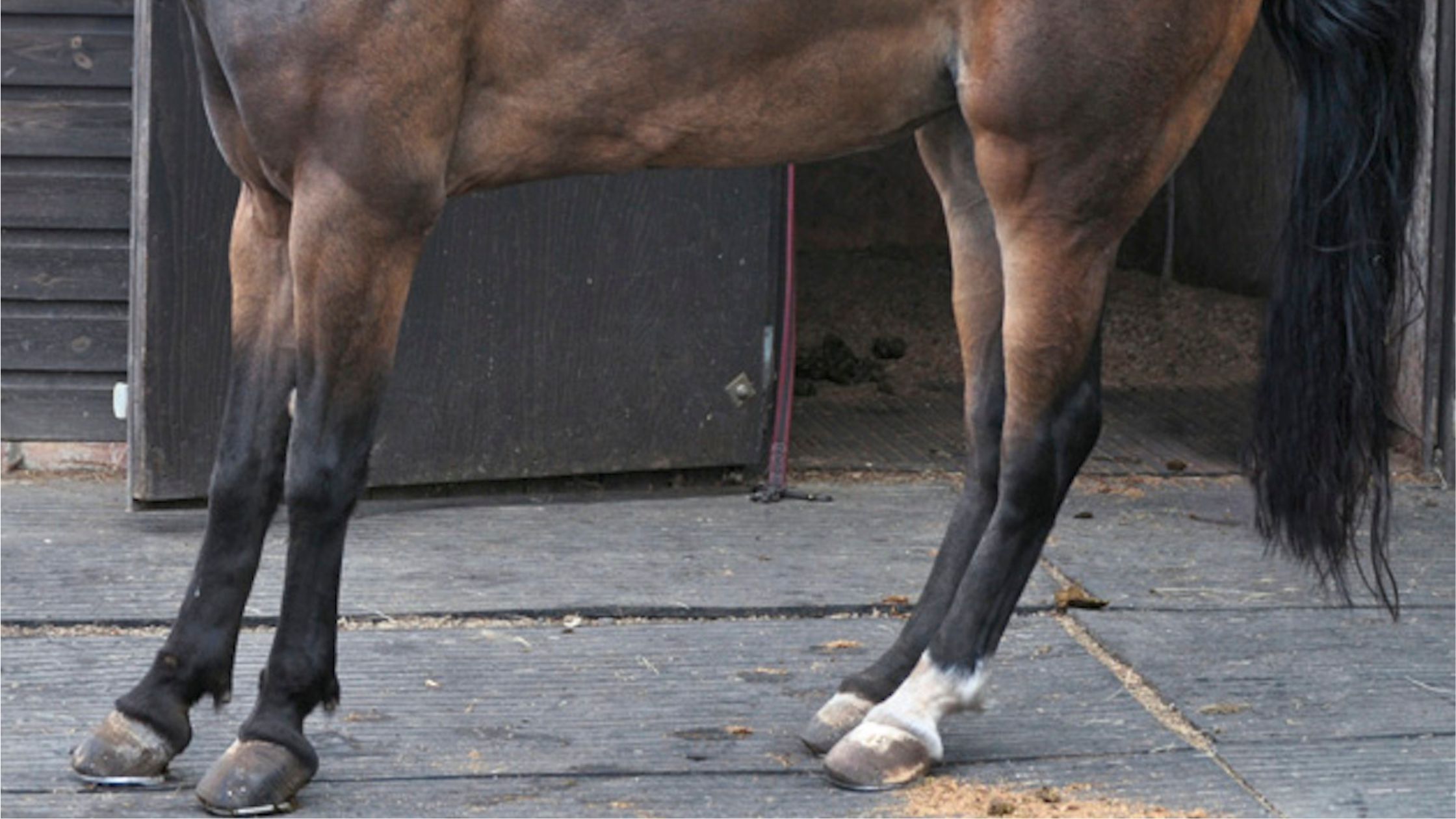Preventing Sweet Itch this Spring

“Sweet itch? Now? But it’s the middle of winter?!”
You may be wondering why Sweet Itch is the focus of our spring newsletter. Recent studies have shown that we may be able to further help alleviate the issues experienced with sweet itch and now is the appropriate time to begin this. But first, a brief reminder about what Sweet Itch is and how can we help our equine companions.
What is “Sweet Itch”?
Insect bite hypersensitivity, or “Sweet Itch” as it is more commonly known, is an allergic reaction to insect saliva, commonly saliva from the Culicoides midge. Sweet itch affects all breeds and types of horses, ponies and donkeys [The British Horse Society]. It is believed that roughly 1 in 20 horses suffer with Sweet Itch [World Horse Welfare]. Sweet itch is most prevalent during the height of the midge season when the weather is warmer.
Signs of Sweet Itch
Signs of sweet itch may include;
- Excessive itching
- Vigorous tail swishing
- Rolling
- Hair loss
- Raw or thickened skin
Methods of Control/Treatment
Treatment is for Sweet Itch is centered around reducing exposure to midges and controlling the allergic response. Methods include;
- Wearing fly rugs
- Stabling when midges are most active (dusk to dawn)
- Regular poo picking to reduce fly population
- Avoiding grazing near midge breeding grounds such a stagnant water
- Using insect repellents
- Use of topical creams and nutraceuticalsMedical management; such as antihistamines, anti-inflammatories, and steroids (for more information please contact us)
For more information/advice regarding controlling or treating Sweet Itch, please phone our surgery.
Contact Us
Vaccination
Recent studies have concluded that vaccination may be a way in which we can help our equine companions. Originally licensed as a vaccine against ringworm, the Insol Dermatophyton vaccine has, in a recent study, shown to improve clinical signs of sweet itch in over 50% of horses [Fettelschoss‐Gabriel et al]. The vaccination protocol consists of two injections two weeks apart. Horses must be vaccinated prior to the midge season, in order for the vaccine to have any effect. It should be noted that the vaccine is an “off license” medication. For more information or any questions regarding the vaccination, please do give our Kirriemuir or Blairgowrie surgery a phone call.



